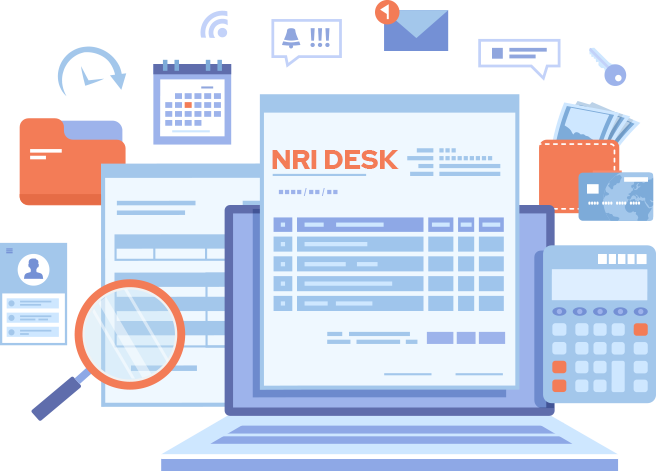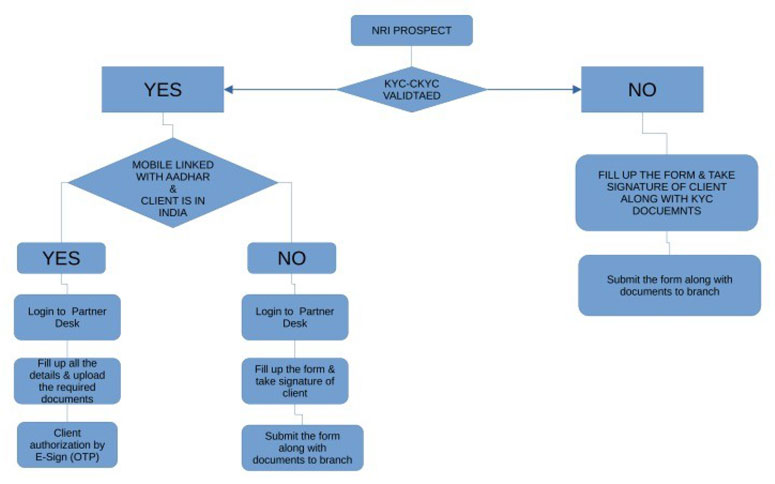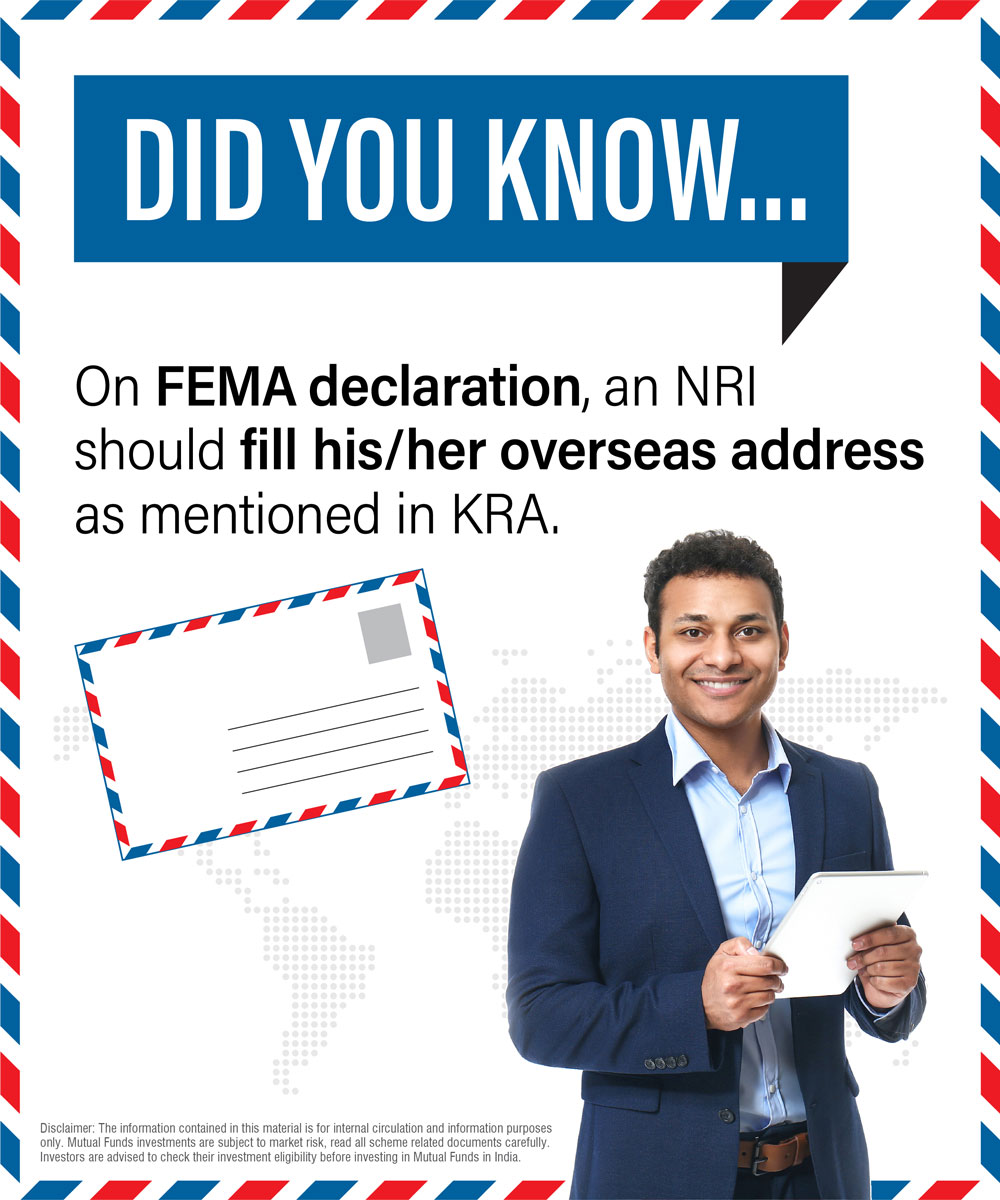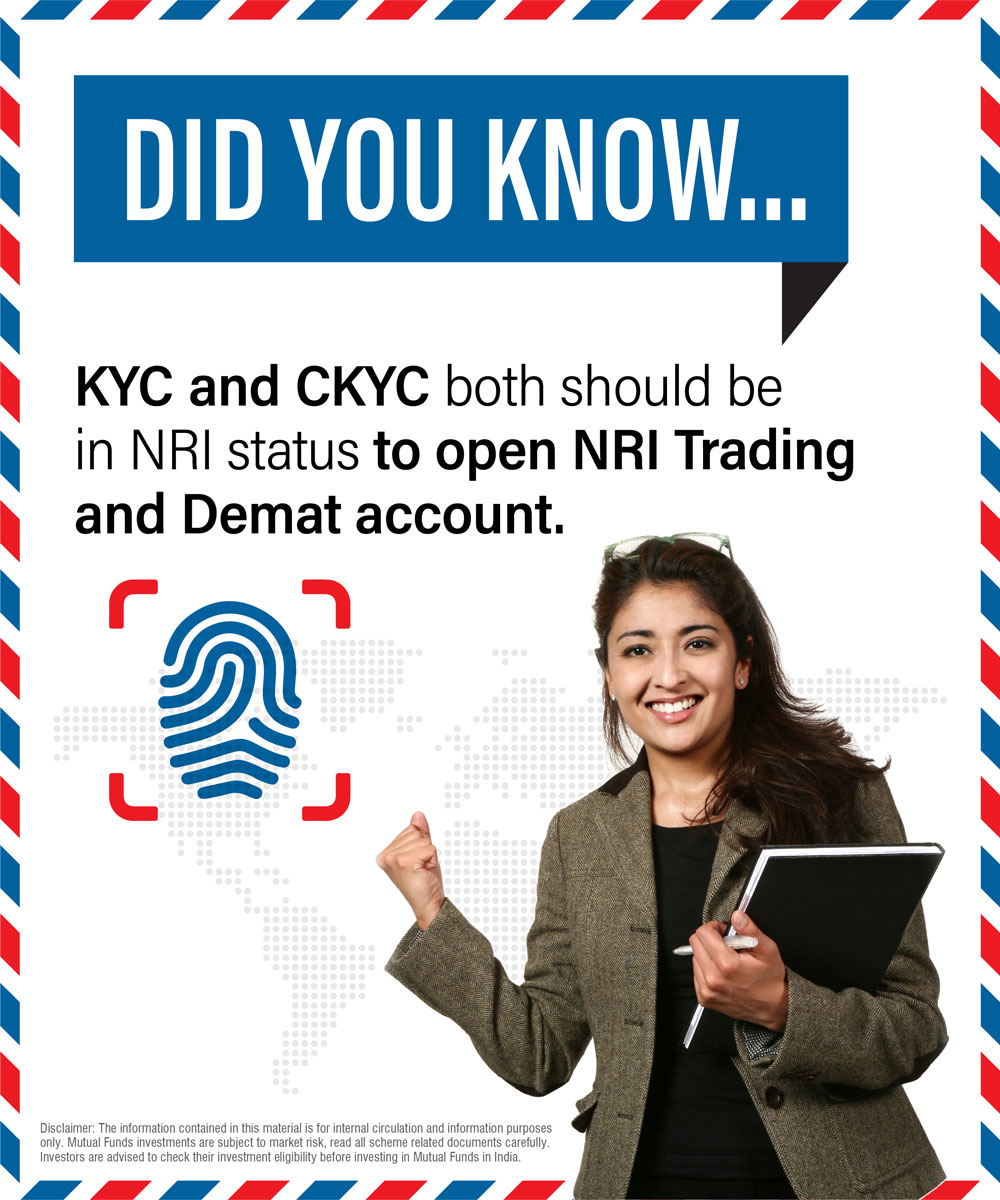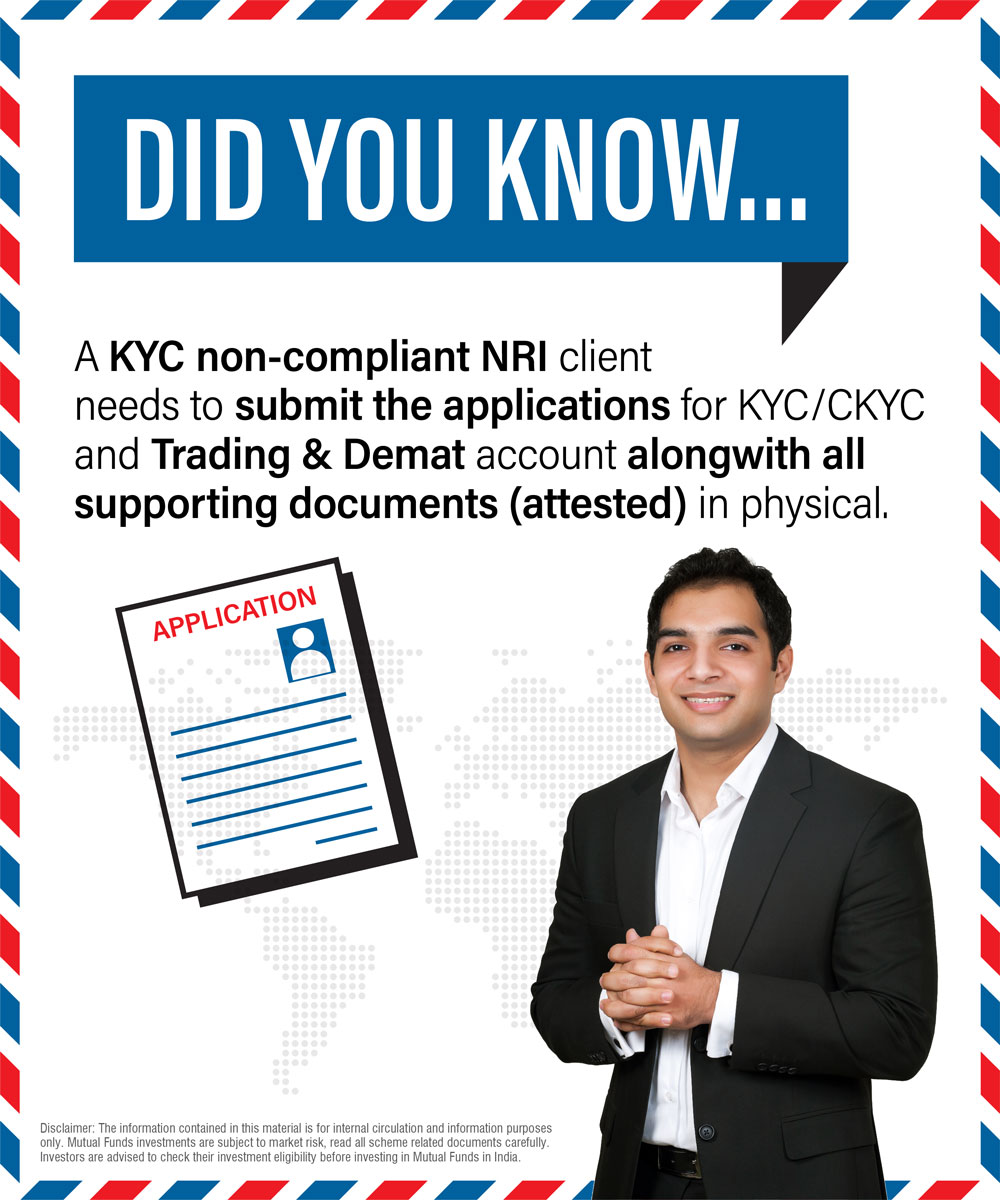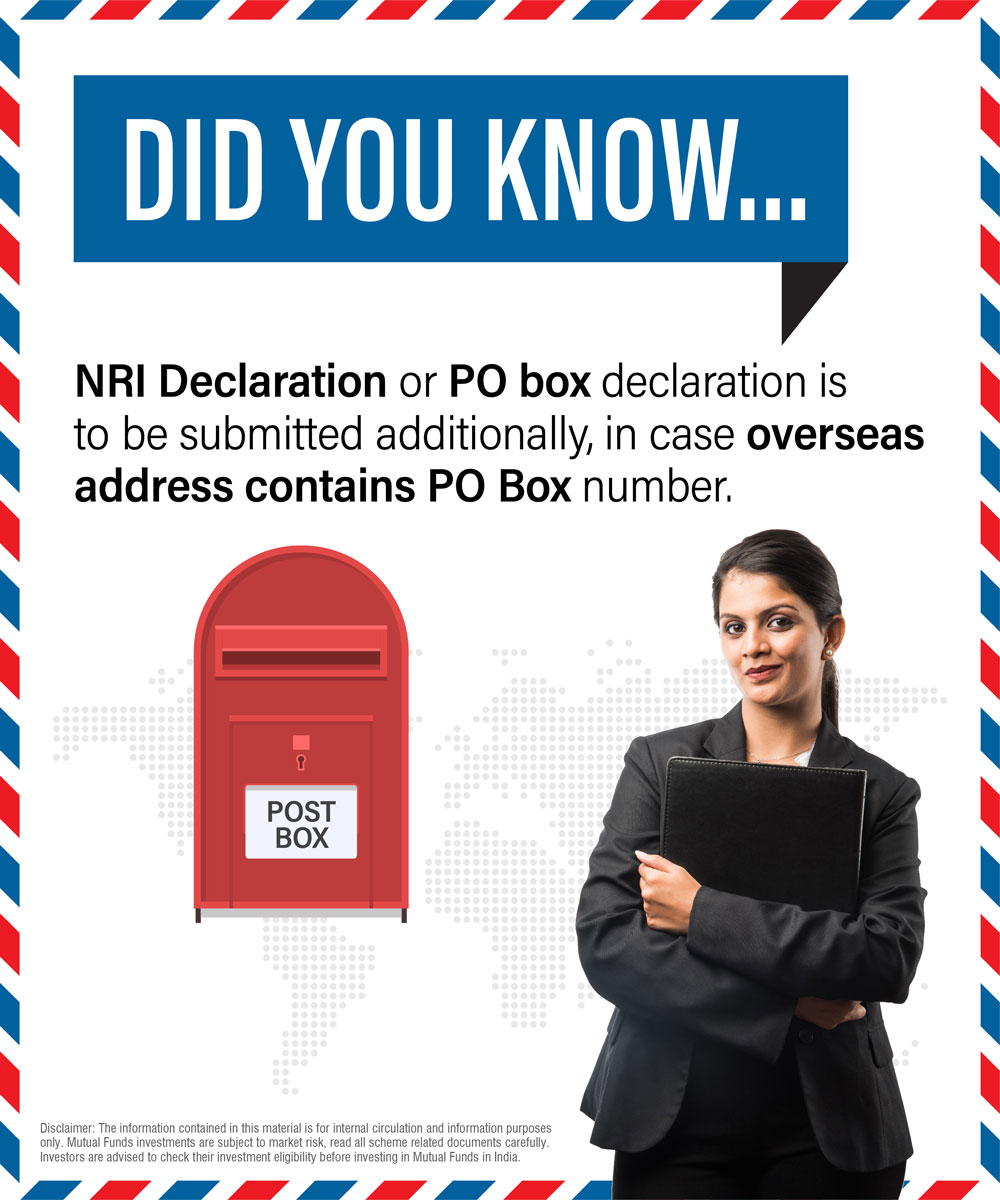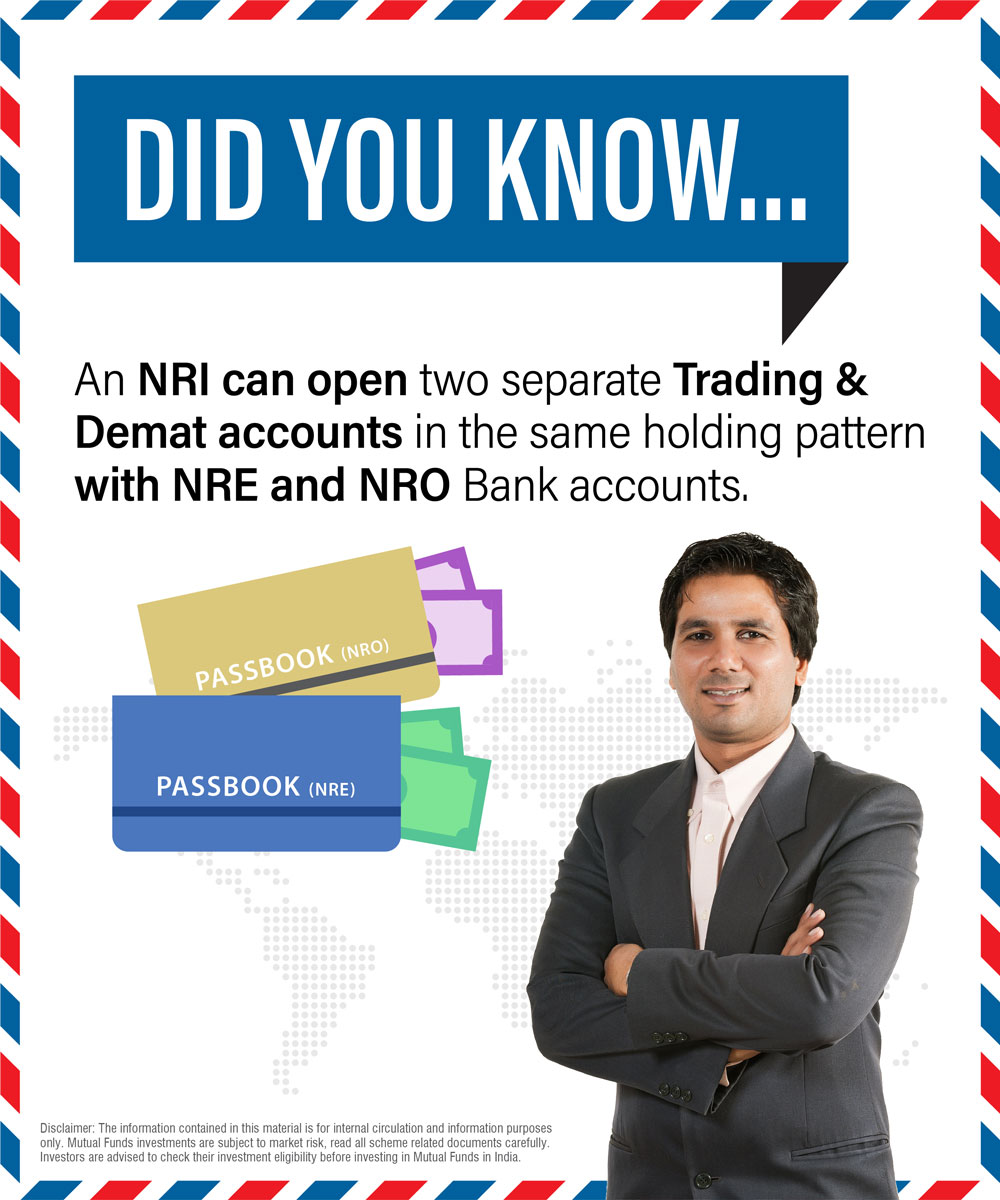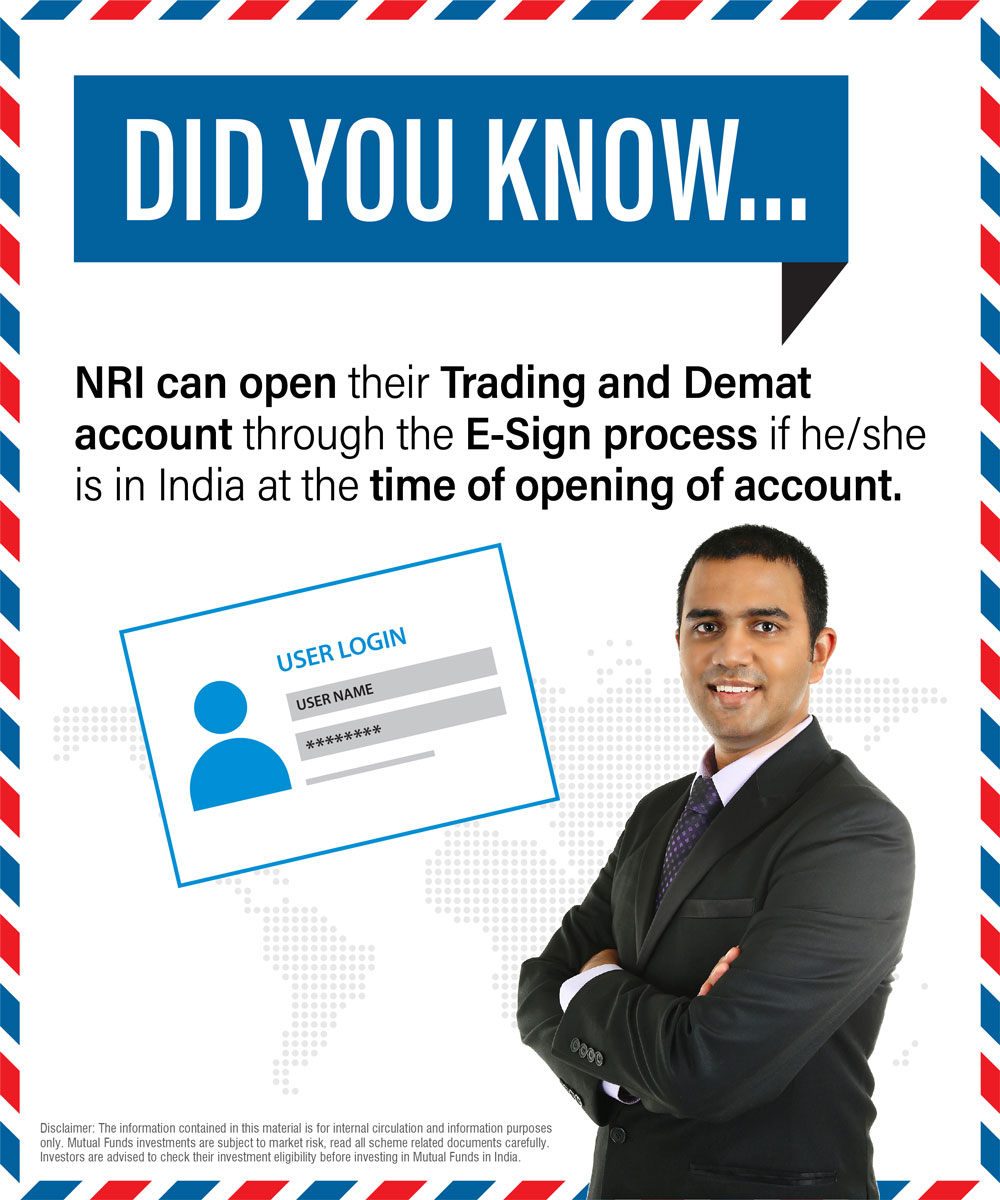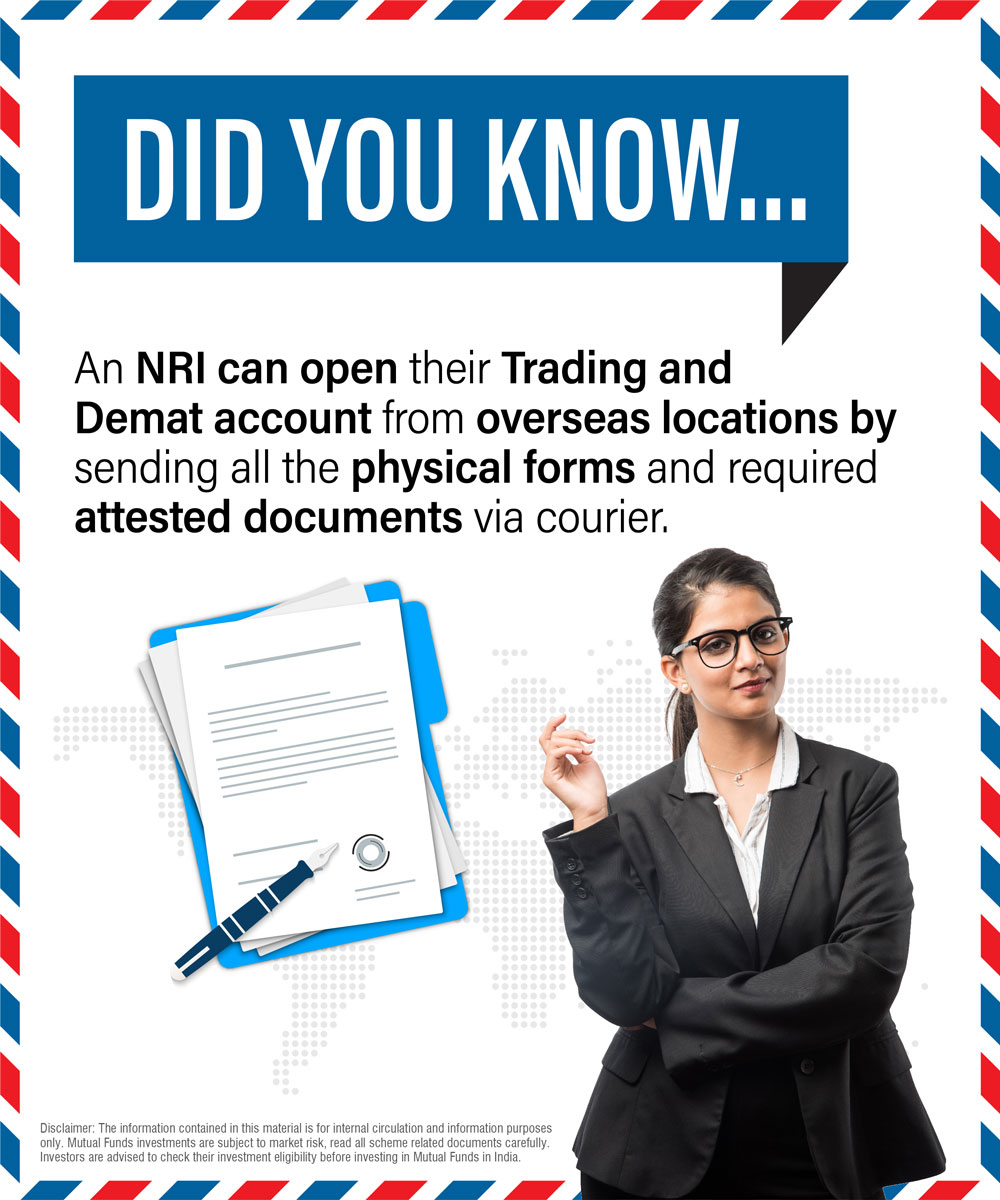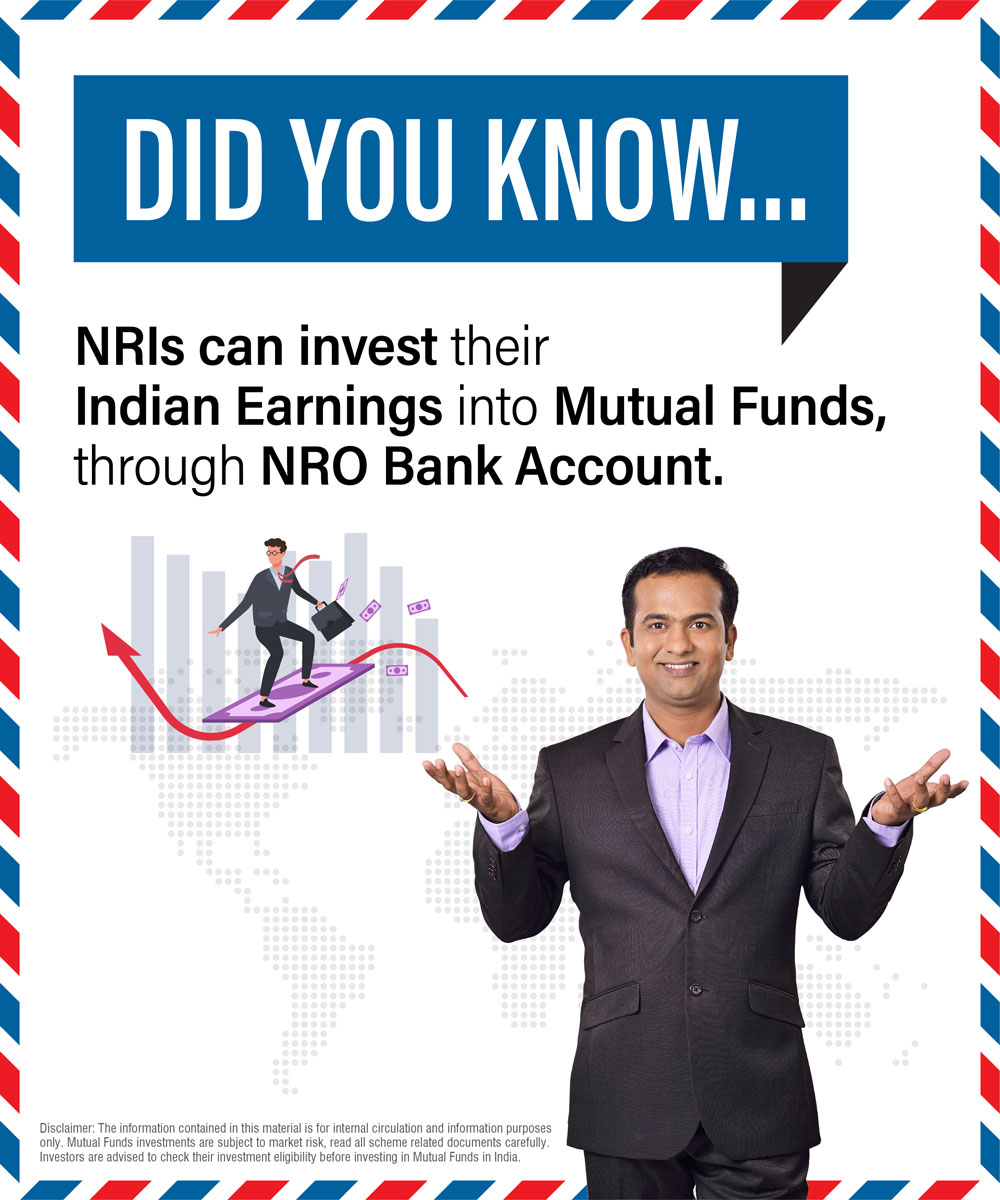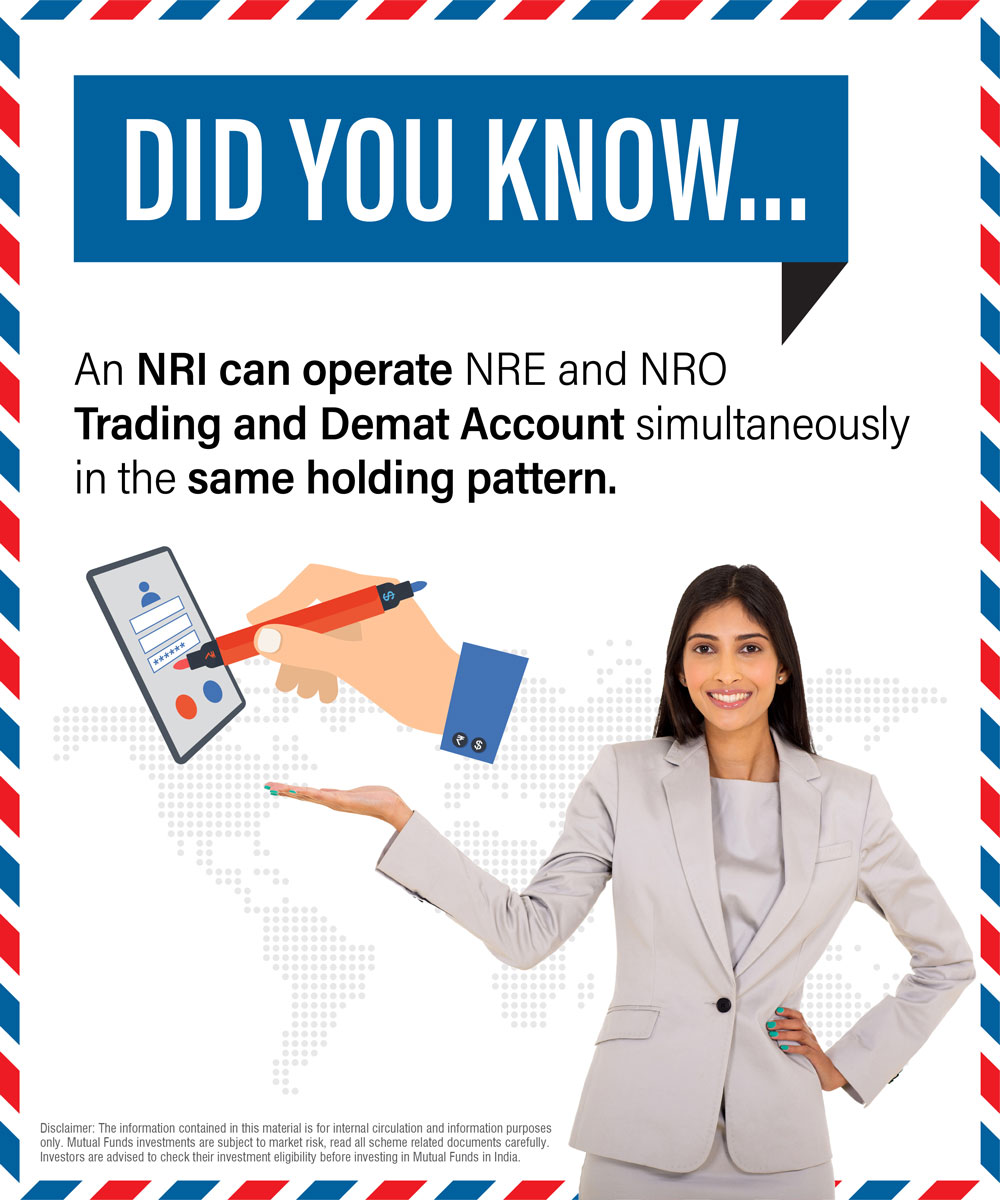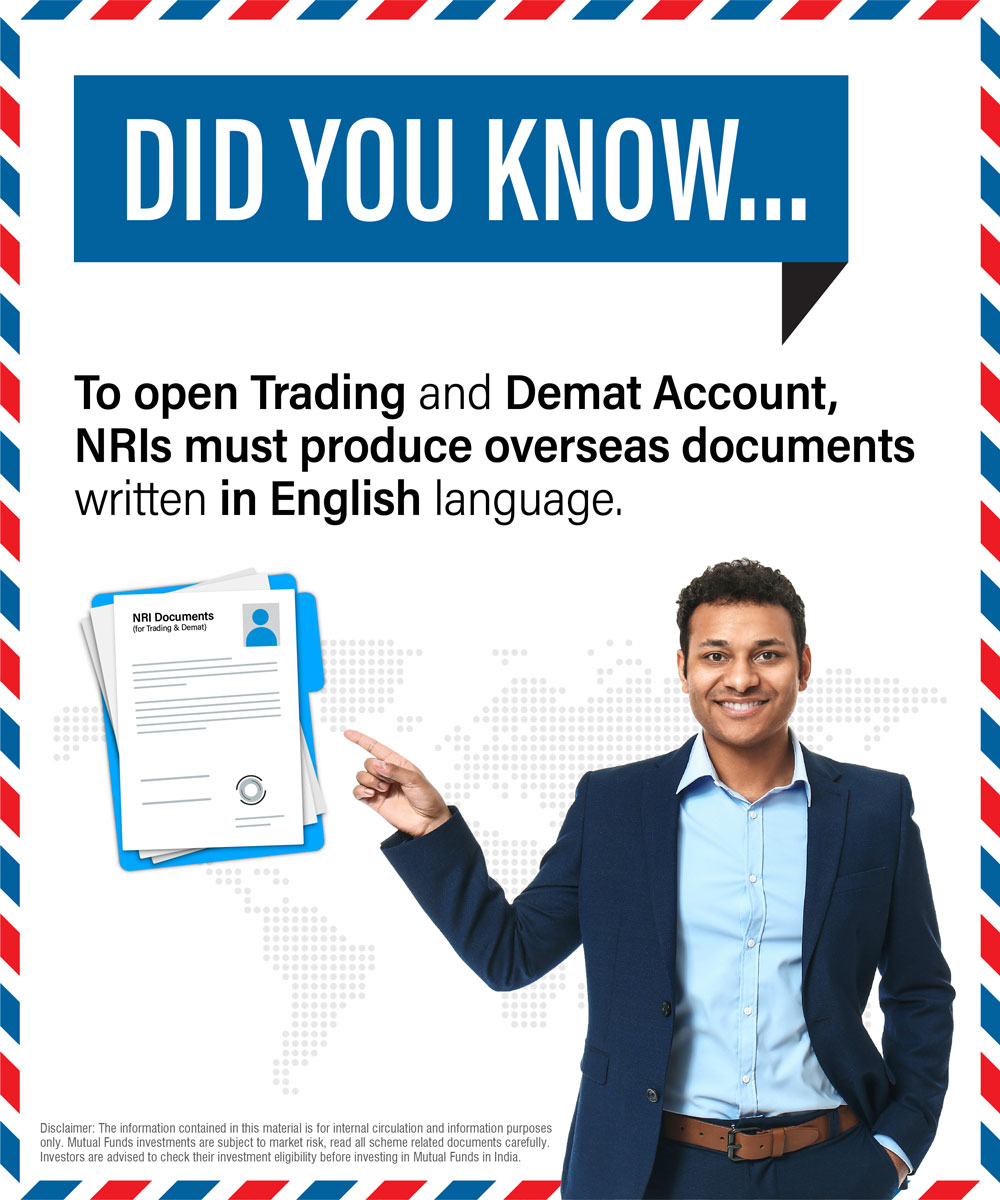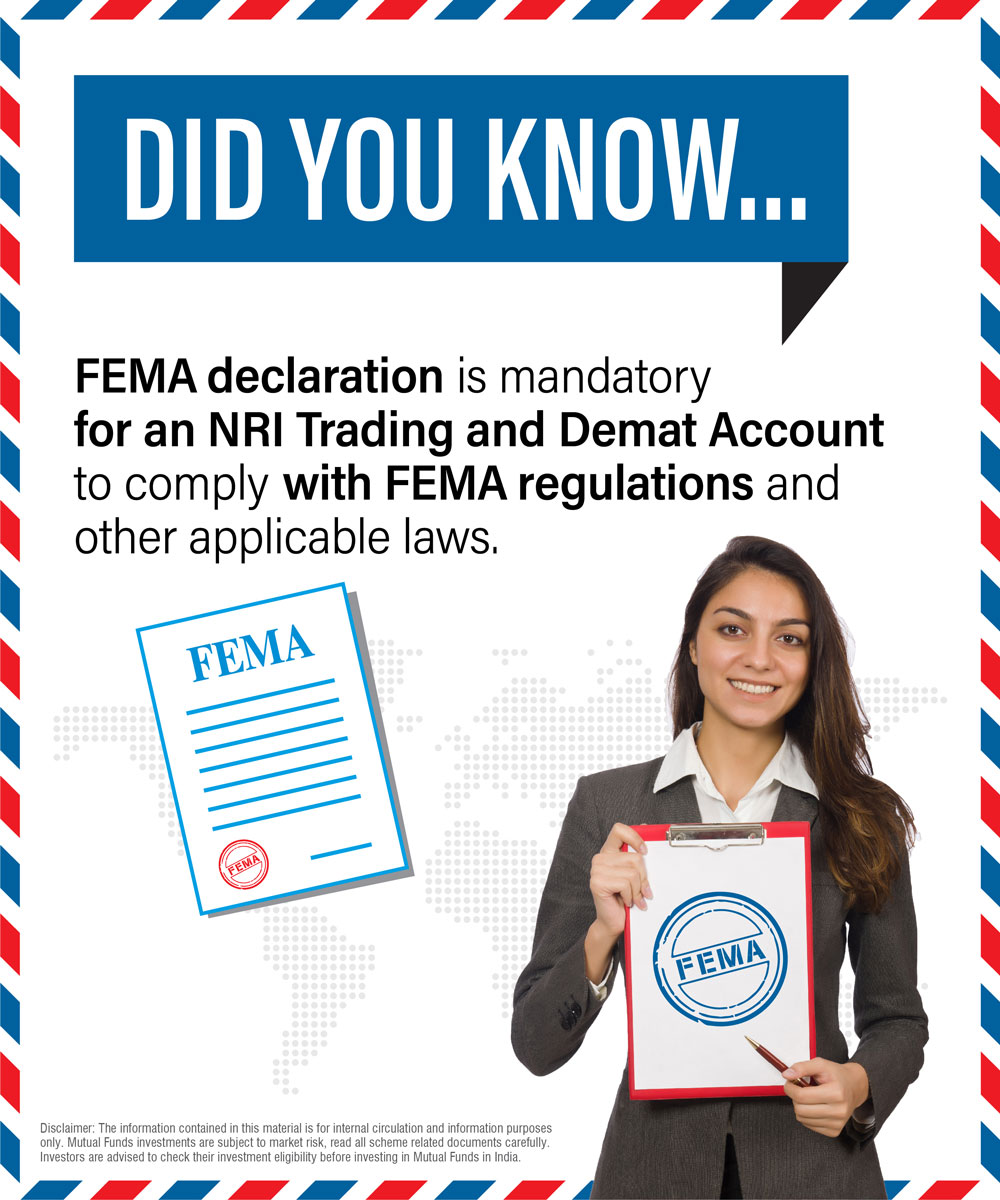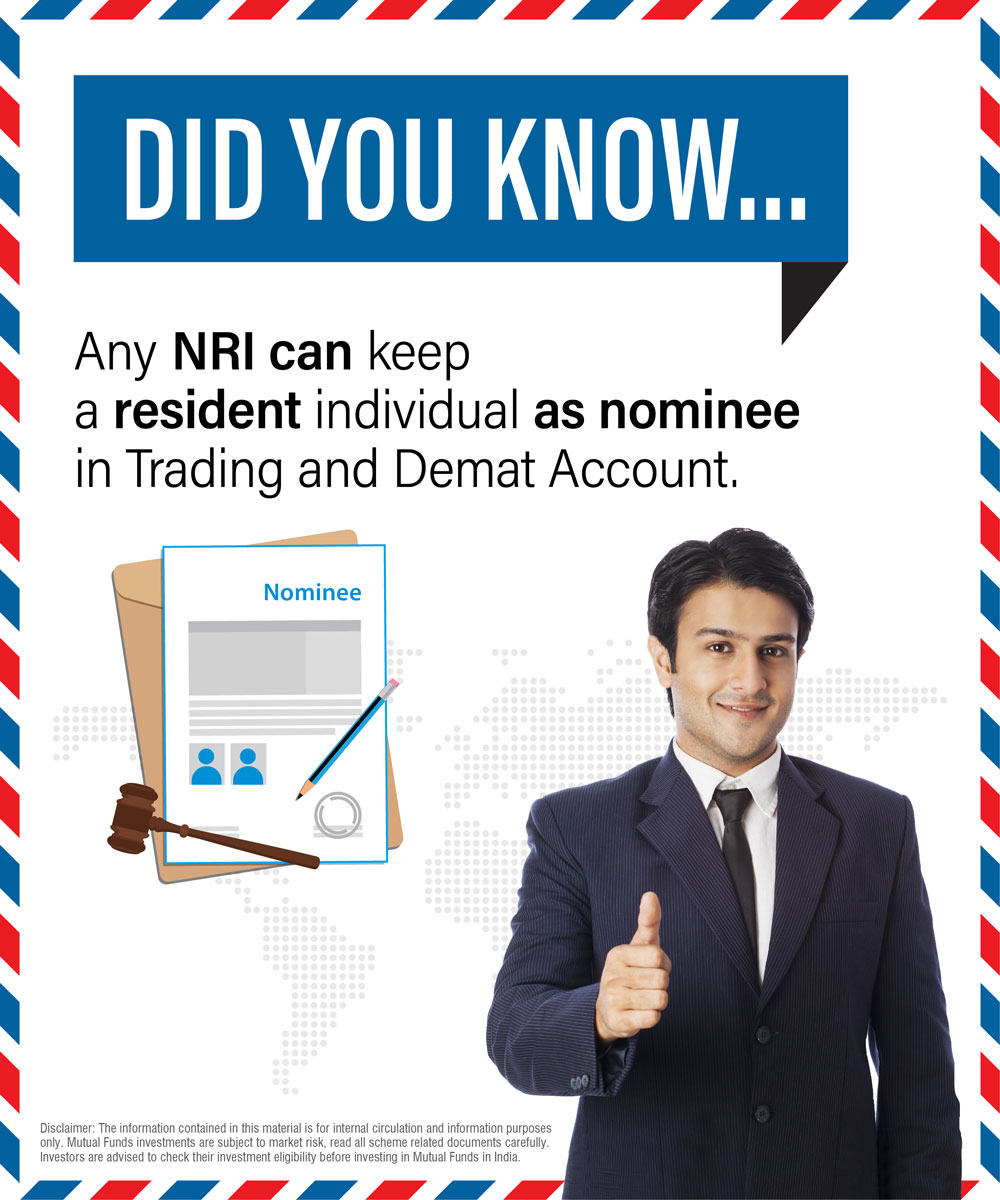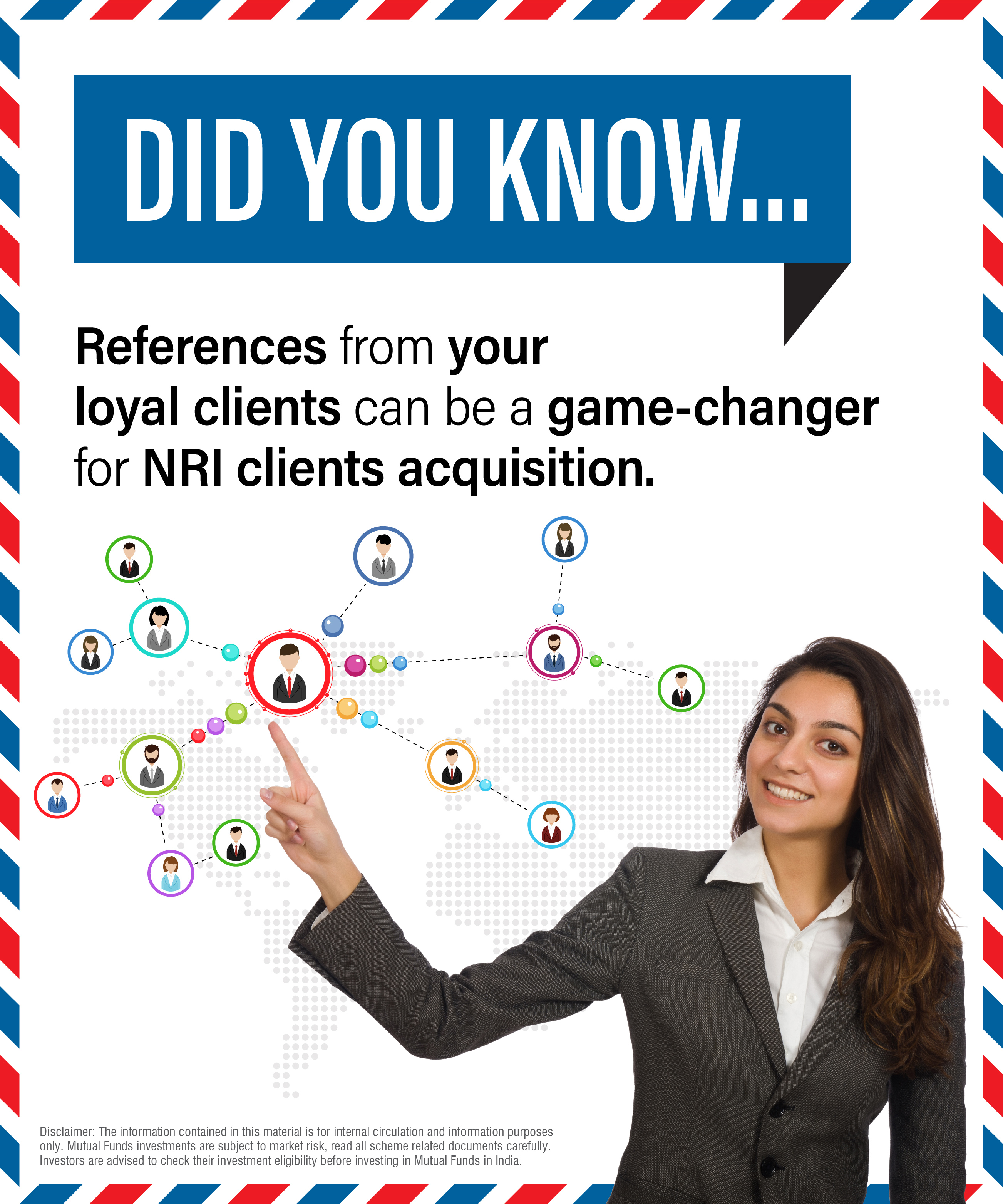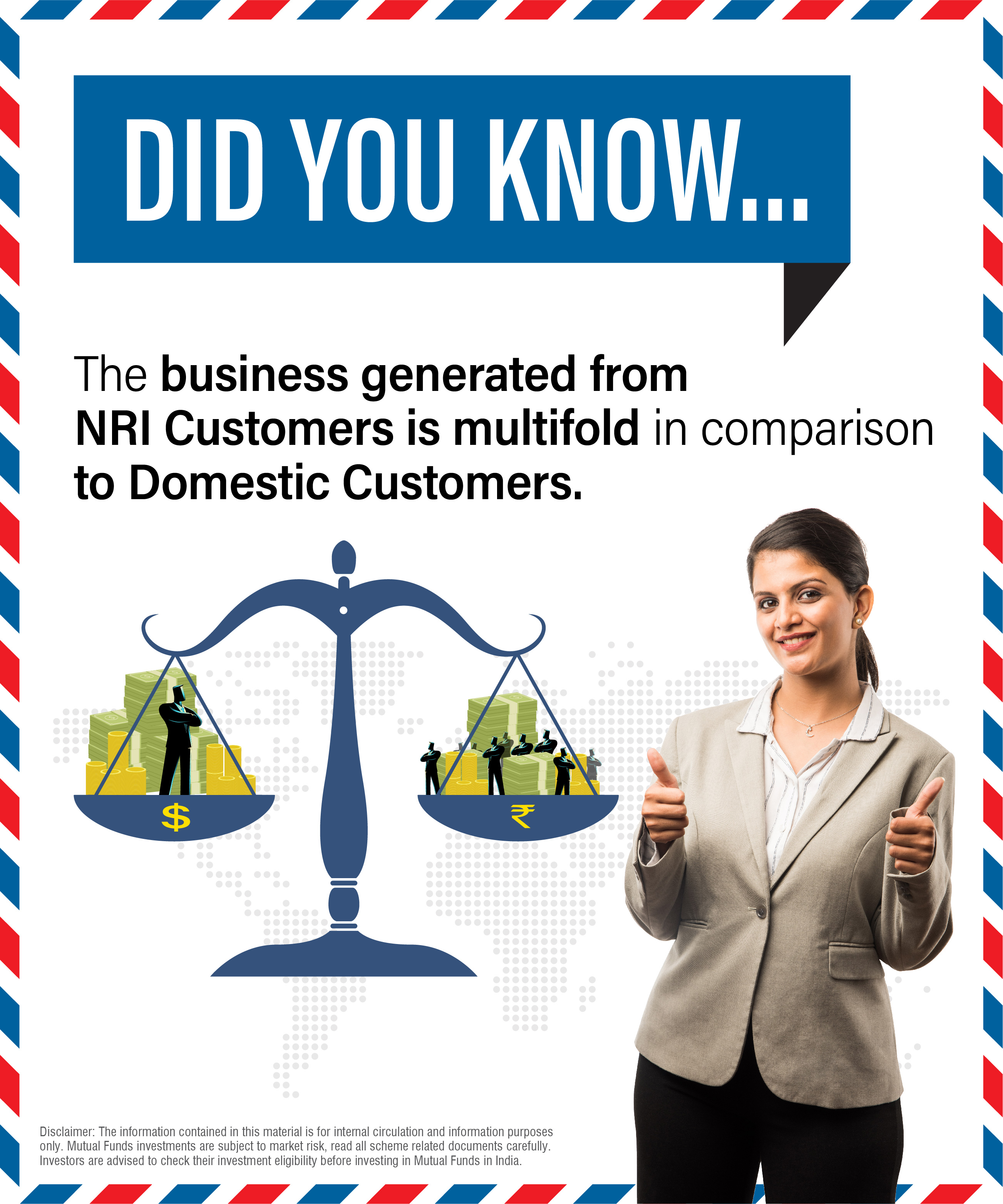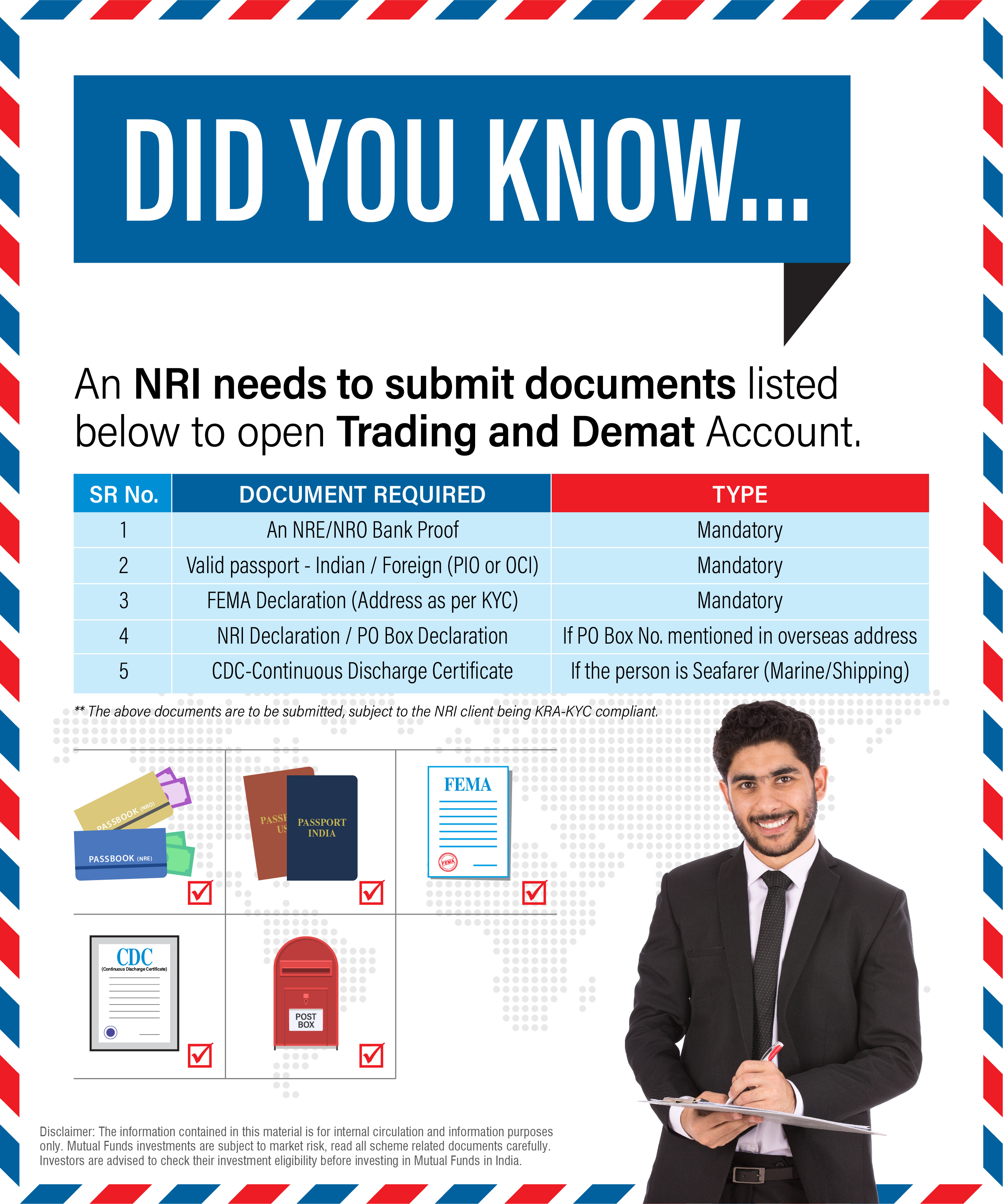Ans:
As per Section 139AA (3) of Income Tax Act 1961 Non-Resident Indian (NRI) are exempt from quoting Aadhaar if they do not have Aadhaar Number and their NRI status is captured in Pan
database. If you are Non-Resident Indian (NRI) and do not have Aadhaar Number then kindly go to the Income Tax website and Submit Grievances to update your Resident Status as Non-Resident Indian (NRI) at the earliest otherwise the PAN will become inoperative if a client failed to inform his/her NRI Status to Income Tax Officer.
Kindly follow below steps to Submit Grievances from Income Tax website
Step 1 - Click on the following link and login to the Income Tax portal buy using your Pan Number
and Password
https://eportal.incometax.gov.in/iec/foservices/#/login
Step 2 - Then go to Grievances option on menu bar and click on Submit Grievances
Step 3 - On Submit Grievances page select Department as AO.
Step 4 - On next page select Category as Pan related application and Sub-Category as Change of
Citizenship Flag and click on Continue.
Step 5 - In Grievances Description box you need to write following message – "I am Indian Citizen and Non-Resident Indian (NRI). As per Section 139AA (3) of Income Tax Act 1961, NRI are exempt from quoting Aadhaar if they do not have Aadhaar. I do not have Aadhaar. Please mark my residential Status as NRI in Pan Database so my Pan does not become inoperative.
"Attach documents such as Passport, Residence Permit or OCI Card as a proof of your NRI Status and then click on Submit Grievance.
Please go to the below link to watch video on how to change the resident status on income tax
portal:
https://www.youtube.com/watch?v=Yph4rkfLZBQ

